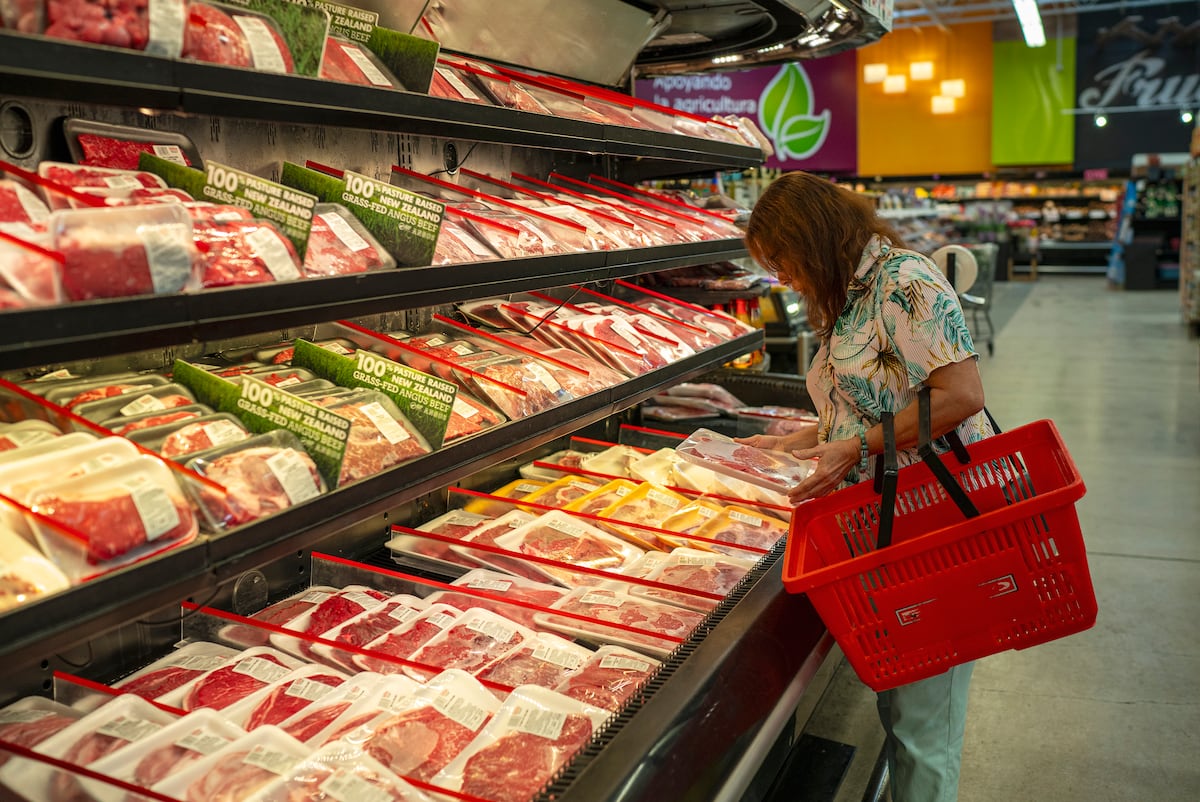
"Every trip to the supermarket has become frustrating for Maritza Ortega, who lives in Puerto Rico. Cutting back on her purchases is no longer a choice. As she fills her cart, she ends up removing items while checking prices to ensure she only gets the essentials. This practice has become routine. When I go to the supermarket, I limit myself to the bare minimum."
"The influence of historical policies and the colonial context on Puerto Rico's food structure has favored imports, which today represent approximately 85% of local consumption. This dependence represents a significant vulnerability, leaving the island exposed to supply chain disruptions and climate change. The origin of imports, inflation, and natural disasters motivated Taller Salud to conduct the study Food and Dignity: A Community Analysis of Food Insecurity in Puerto Rico, based on concrete experiences of hunger."
Maritza Ortega routinely removes items from her supermarket cart and limits purchases to essentials because she cannot afford more. A cancer diagnosis complicates dietary needs, forcing cheaper, lower-quality food choices. Since 2020 the cost of living has steadily increased, and food prices rose 3.4% year-over-year in June. A study by Taller Salud reports that more than half of adults consume only two meals a day. Historical colonial policies produced a food system dependent on imports—about 85% of consumption—creating vulnerability to supply chain disruptions, inflation, natural disasters, and climate shocks.
Read at english.elpais.com
Unable to calculate read time
Collection
[
|
...
]